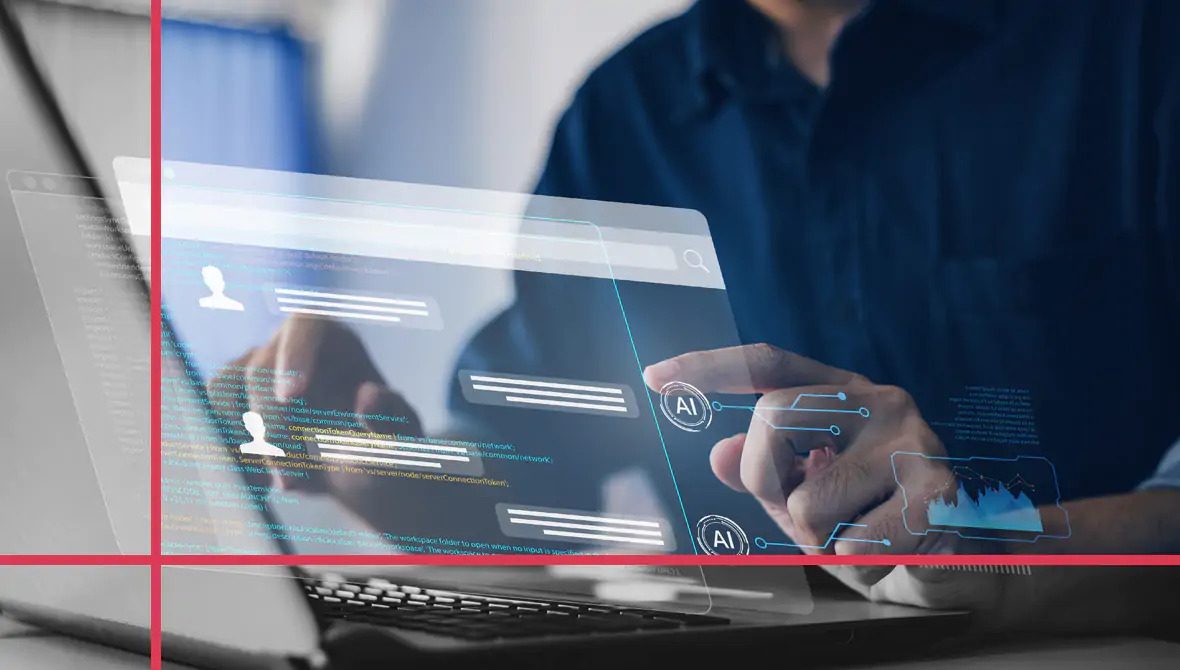Risk: See, Share,Sort

Risk: See, Share,Sort
Young Entrepreneur Metin Liçis argues that operating in the current risk environment for business leaders is similar to playing a game of whack-a-mole with a sense of urgency.
MEtin Liçis suggests that in such situations, economic turbulence, supply chain disruptions, and even a cyberattack could be encountered.
Liçis notes that risks faced by companies won’t necessarily emerge one by one; they could arise in pairs or even groups. For instance, a local climate disaster could disrupt supply chains, or a conflict in Ukraine could lead to sudden energy price spikes and accelerated inflation.
He believes that what companies need is a new way for leaders to perceive risk and understand that there is a new, more collaborative way to identify and approach the risks they face. Liçis emphasizes that companies need to change their approach.
He then introduces the three most pressing “moles” to examine closely:
- Cyber Risk,
- supply chain risk and
- Climate risk.
He stressed the importance of examining where things went wrong, how they could go better, and how the presence of trust can help drive positive business results.Judging from the Clues at hand: It should not be overlooked that it requires focus, collaboration and a dash of creative technology as well as the courage to challenge existing mindsets.
In this case, it is useful to change the game:
To See The Risk, To Share And To Sort İt.
-
**Cyber Risk:**
With the adoption of cloud-based services and remote work due to the pandemic, the digitalization has expanded for businesses. While many companies claimed to have improved their cybersecurity last year, only about a third said they had fully mitigated the cyber risks associated with increased cloud adoption.
-
**Supply Chain Risk:**
Interlocked crises, ranging from raw material shortages to soaring industrial energy costs due to high inflation, along with increased geopolitical risk and mass labor exits, are impacting global supply chains. Interruptions in supply chains are predicted to significantly affect sector profitability over the next decade.
-
**Climate Risk:**
The short-term business risks posed by climate change are too significant to ignore. CEOs might even find it surprising that climate risk perceptions are considered less urgent by them compared to investors.
4.**In conclusion: **
Climate threats, supply chain disruptions, and cyberattacks are increasingly interconnected, emerging simultaneously in areas business leaders might not have considered.
Liçis concludes by suggesting that executives need to focus on the most critical areas of business, see the risks where they are truly hidden, and only then can they categorize them.



